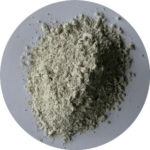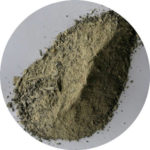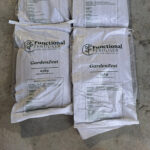PW Burton
A popular belief at present is that a concerted push to reduce the environmental pressure of intensive pastoral farming will mean less pasture grown, resulting in decreasing total farm production, smaller factories and associated infra-structure, fewer dollars being circulated, a decline in economic activity, with communities as a whole suffering.
In essence, there is an acceptance that present pasture and farm production can only be maintained through the continued degradation of soil.
Total milk solid production per hectare has risen over the last thirty years, mainly due to increased supplement being fed, and fewer animals being wintered at home. Over the same period the amount of total permanent pasture grown on intensive pastoral farms has steadily fallen in the Waikato and Bay of Plenty.
Organic carbon levels in these soils over the same time have also declined, and soils containing the most carbon have the greatest production potential. The link between carbon and production is fully appreciated by profitable farmers, with the most expensive soils being those that are blackest and deepest.
Historically it was always understood that continuously cropped soils yielded less over time, and the remedy was to return those areas to grazed permanent pasture. If soil could be recovered then, why is that not happening now?
Modern agriculture has focused on the nutrient content of soil (mainly NPK), with the inference being that every other aspect is of lesser importance. Maybe if carbon had been included in the measures, the environmental problems faced now would have been avoided.
Soil organic carbon is the basis of humus and provides storage for both nutrient and moisture. There’s a direct link between carbon and nitrogen, so as carbon is sequestered extra nitrogen can be stored.
Carbon acts as a filter and when it comes to food production, the primary role of pastoral farming, reduced carbon in the soil means less filtering takes place and more spray residue and heavy metal makes its way to us through the food produced from it.
A recent article by Blake Holbrook of Rabobank states that the way forward for NZ agriculture is to embrace sustainability. The majority of purchasers have no connection with land and farming practises but do have a firmly held concept of sustainability.
As they are the folk that are prepared to pay top dollar for quality food, it is their requirements that must be satisfied for us to achieve those prices. The other option is to continue to provide commodity products sold at auction for a fraction of the price.
It’s the story behind the food that people buy, eg where and how grown, and can we go on doing it indefinitely? We all use those multiple criteria, whether we appreciate it or not. Buying decisions are 100% emotional and when it comes to food those with higher incomes are becoming increasingly choosy.
Clean and green is fast becoming outdated. Farmers must go well beyond meeting minimum standards and embrace farming practices that are shown to be truly sustainable, with the cornerstone being soil organic carbon positive.
There are products and practices already well-refined that provide farmers with this ability to continuously increase production, outperforming their conventional neighbours, at significantly lower cost.
Groups of these switched-on operators are working together to sell their products into markets willing to pay more money than can be made from conventionally produced and marketed commodities.
It’s early days for this movement, but momentum is building, and those that get there first will benefit most. For more information contact Peter on 0800 843 809




